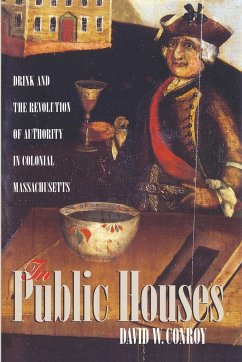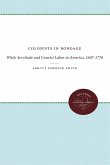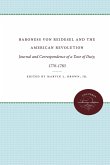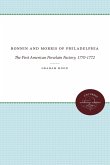In this study of the role of taverns in the development of Massachusetts society, David Conroy brings into focus a vital and controversial but little-understood facet of public life during the colonial era. Concentrating on the Boston area, he reveals a popular culture at odds with Puritan social ideals, one that contributed to the transformation of Massachusetts into a republican society. Public houses were an integral part of colonial community life and hosted a variety of official functions, including meetings of the courts. They also filled a special economic niche for women and the poor, many of whom turned to tavern-keeping to earn a living. But taverns were also the subject of much critical commentary by the clergy and increasingly restrictive regulations. Conroy argues that these regulations were not only aimed at curbing the spiritual corruption associated with public houses but also at restricting the popular culture that had begun to undermine the colony's social and political hierarchy. Specifically, Conroy illuminates the role played by public houses as a forum for the development of a vocal republican citizenry, and he highlights the connections between the vibrant oral culture of taverns and the expanding print culture of newspapers and political pamphlets in the eighteenth century.
Hinweis: Dieser Artikel kann nur an eine deutsche Lieferadresse ausgeliefert werden.
Hinweis: Dieser Artikel kann nur an eine deutsche Lieferadresse ausgeliefert werden.








